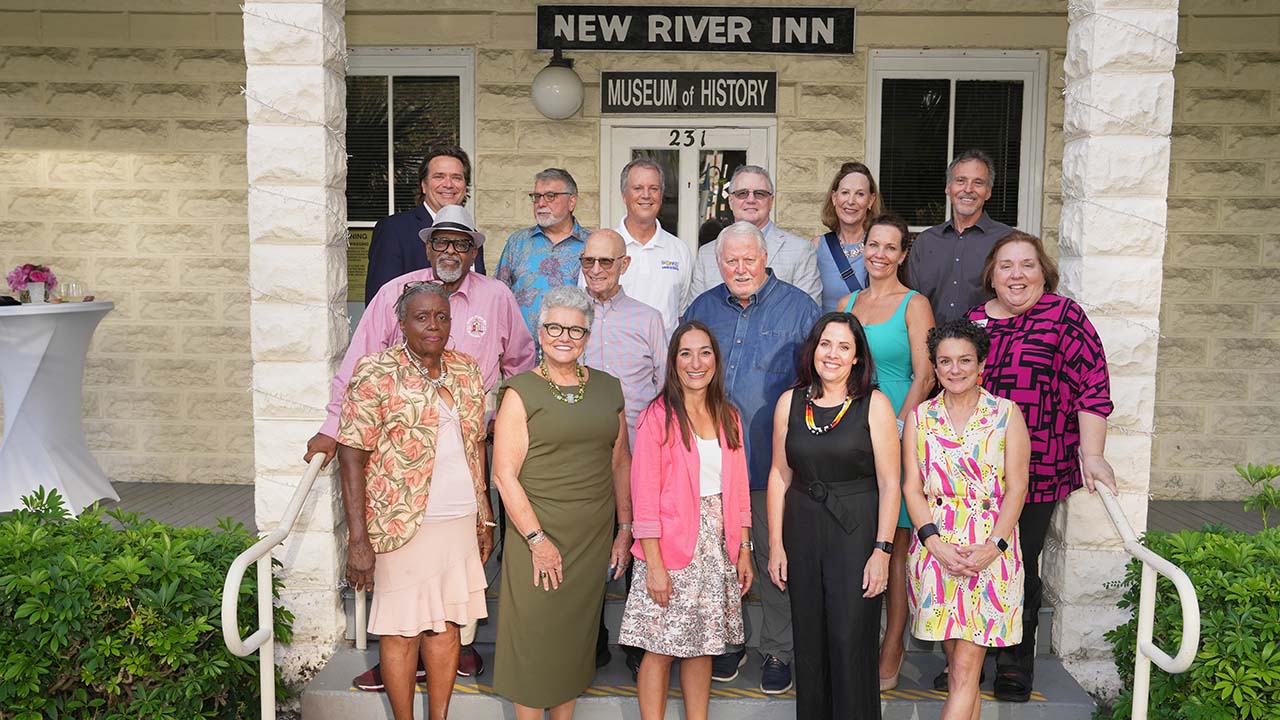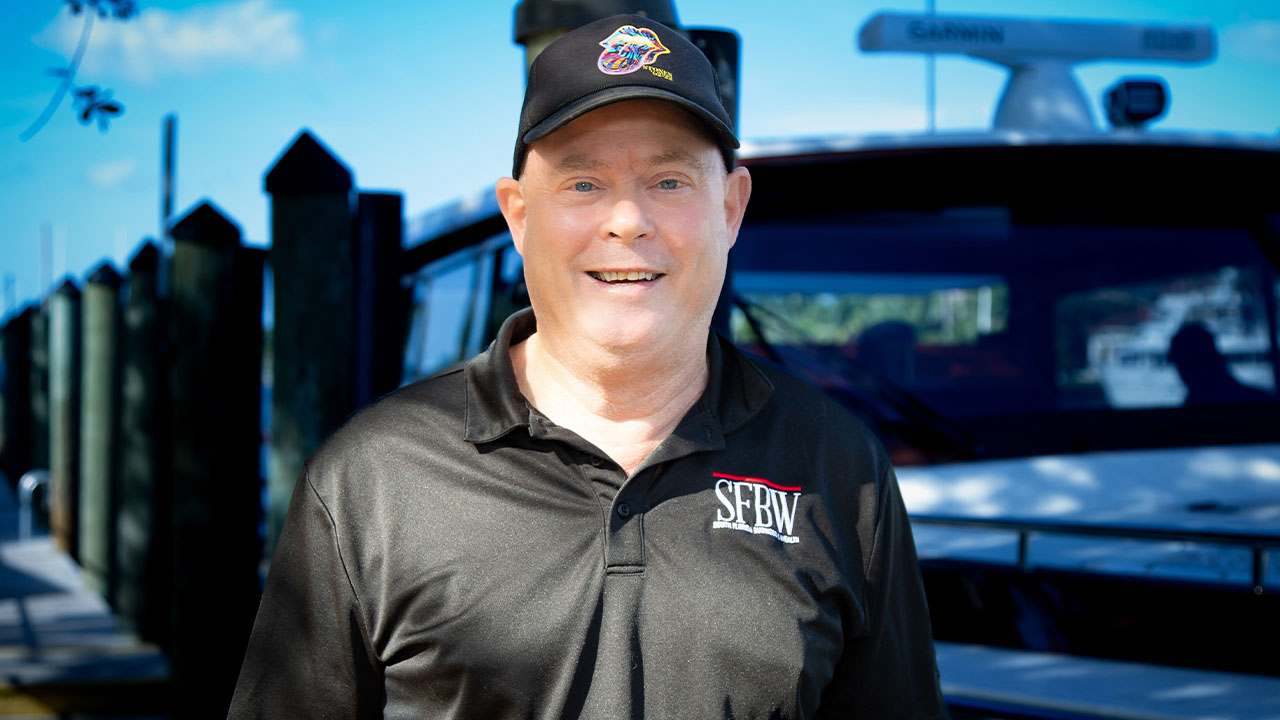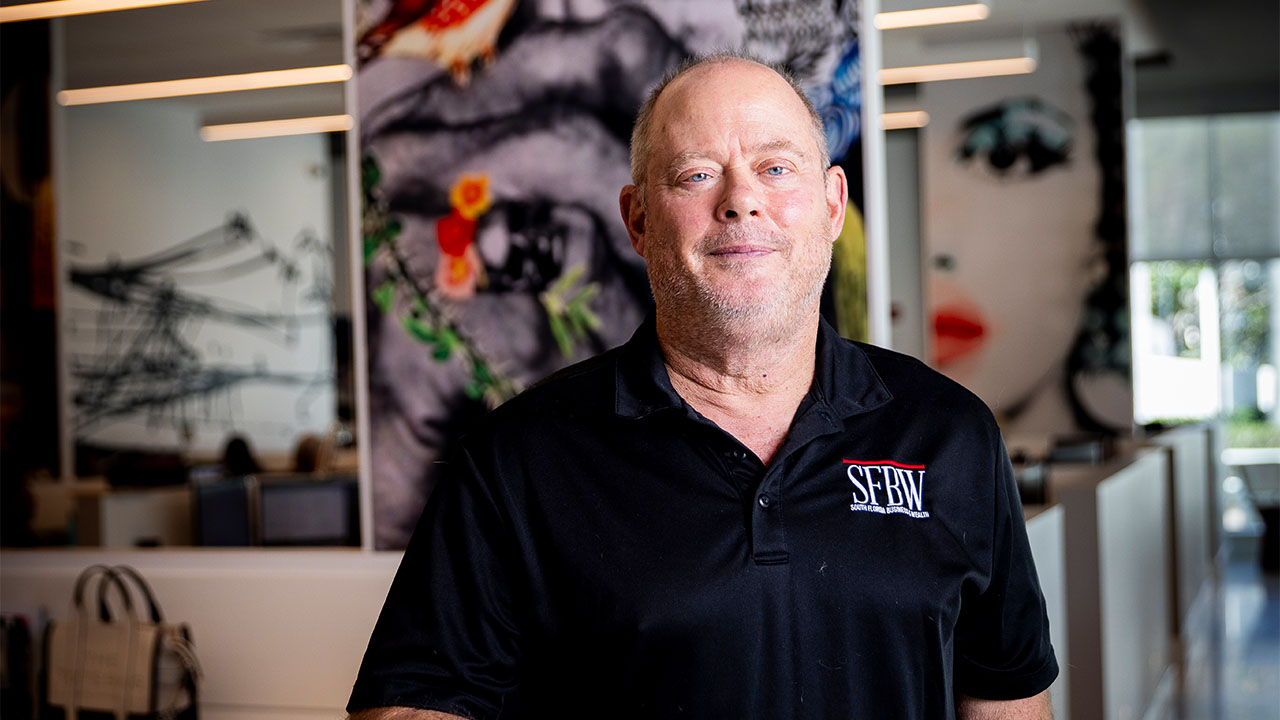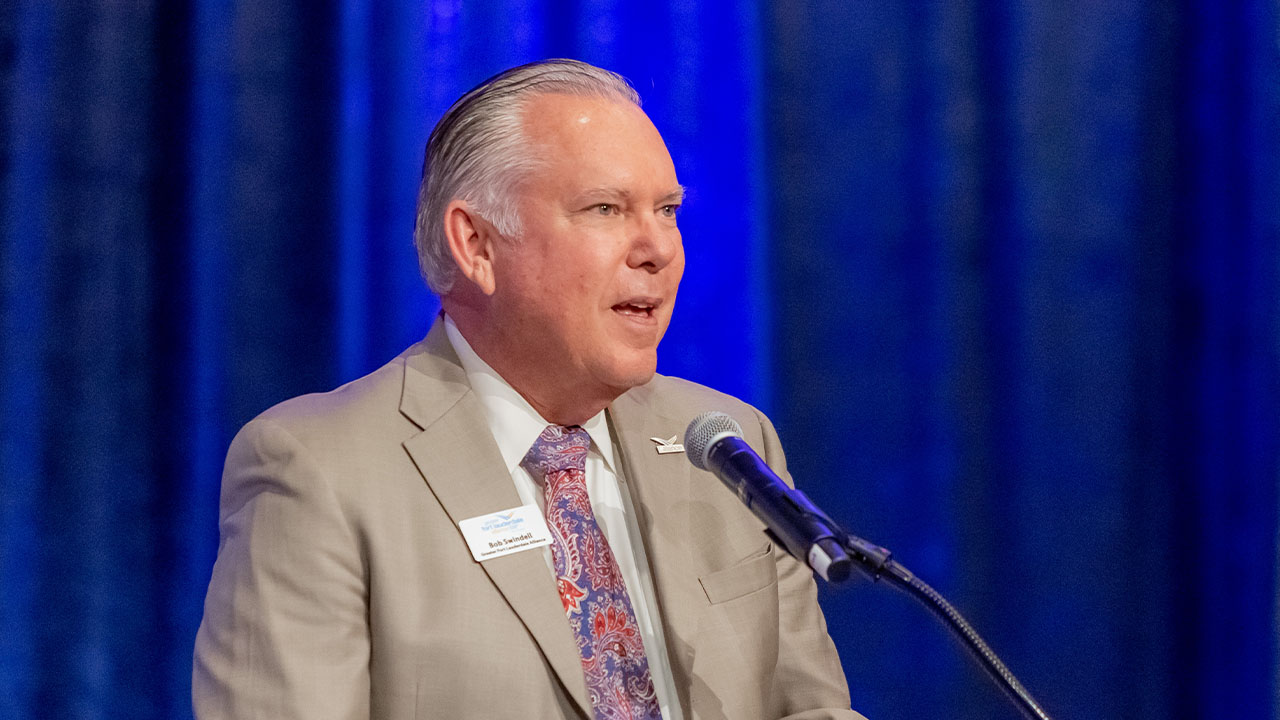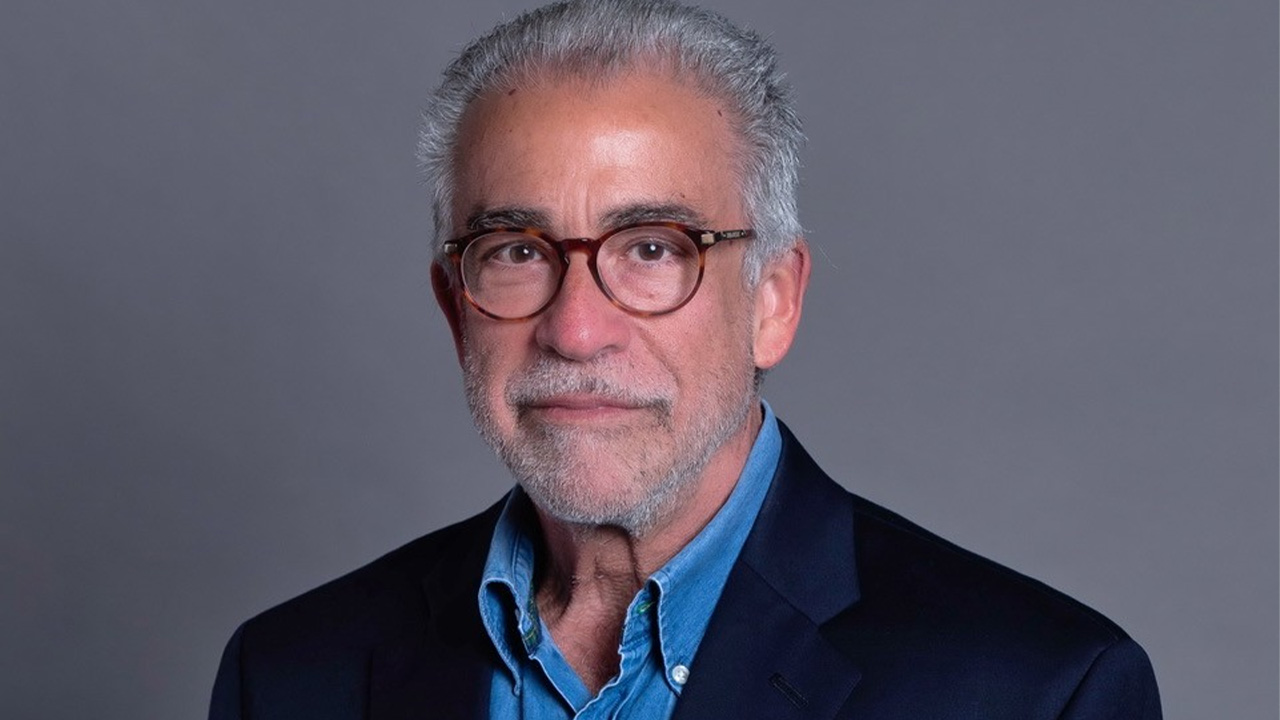What we don’t say is often more powerful than what we do.
Salespeople know. You make the offer or ask, and then be quiet: Get comfortable with the silence.
I’m reminded of the story about the uber-saleswoman who worked for months to get an appointment with a CEO. When she walked into the CEO’s office (clearly, pre-COVID-19), the CEO did not offer her a seat, did not look up from his work and said, “You have ten minutes. Give it your best shot!” And continued to do his work.
The saleswoman stood there quietly.
After three minutes, the CEO said, ‘You have seven minutes left.’ Still, the saleswoman stood, and said nothing.
After another three minutes, the clearly exasperated CEO said, “I gave you ten minutes. You have four minutes left! What the heck are you doing?”
The saleswoman said, “You gave those minutes to me. They are my ten minutes. I’m using them to observe, and to listen.”
She got more than the 10 minutes, and she made the sale.
When we talk about effective communicators, we often mean good talkers. People who know how to get their points across—to get people’s attention—to make them feel. It’s a key component of leadership. As writer/pundit Maya Angelou said, “People will forget what you said, people will forget what you did, but people will never forget how you made them feel.”
A true component of leadership is knowing what people are doing, thinking and feeling. Emotions drive our responses to situations and people, more so than spreadsheets or databases. Facts matter, and they certainly influence strategic and tactical decisions, but they don’t drive performance, behavior or results. Perception and emotion do. Listening to our customers, our markets, and our colleagues at work—and to our friends and families at home—is a differentiator for our success.
Mom told you as a child that you have two ears and one mouth for a reason. We cannot listen when we are speaking. Listening is an art, a science, a gift. It’s an essence of leadership communication that is often lost. Active listening tells us we need to listen to the words. Be fully present. Reflect back what we hear. Engage.
Deeper listening—what coaches call Third Level listening—is tuning into the emotion, the effect and body language, the essence of what is being communicated, not just what is being said. Indeed, it’s often between the lines where the true message lives. Listen with your ears, eyes, heart, and your gut. Tune in. You cannot do any of that if you are not paying attention, or if you are talking or thinking about what you want to say.
The power of silence is the power of deep listening. We need it now, more than ever. Be quietly present for, and listen deeply to, the people in your business. They are probably dealing with situations in their lives due to COVID-19 unlike any before. Employ the power of silence: You will learn—and you will earn their respect.
There’s one other aspect of the power of silence right now that’s truly transformative. My silence about the injustice and inequality for people of color in this world is powerfully wrong. My silence about children having to be prepared for injustice just because they are different has been powerfully creative in a truly harmful way. By having meaningful dialogue—and actively supporting meaningful action to change that reality—I can help change the world for good. The power of silence. Let’s listen. ♦
Stephen Garber is CEO of Third Level, which provides innovative solutions that help senior-level executives, HR professionals and business owners perform at an elite level. (561.752.5505 or
sgarber@thirdlevel.com)





